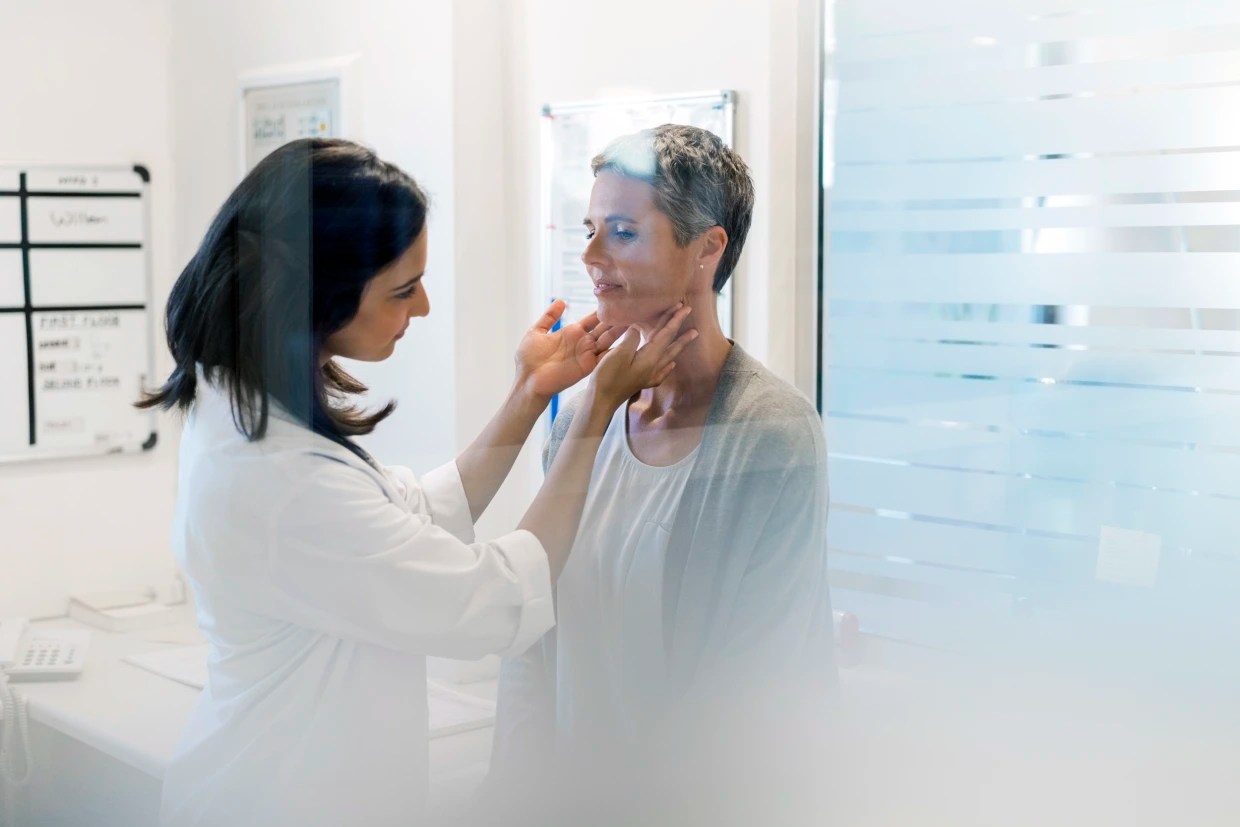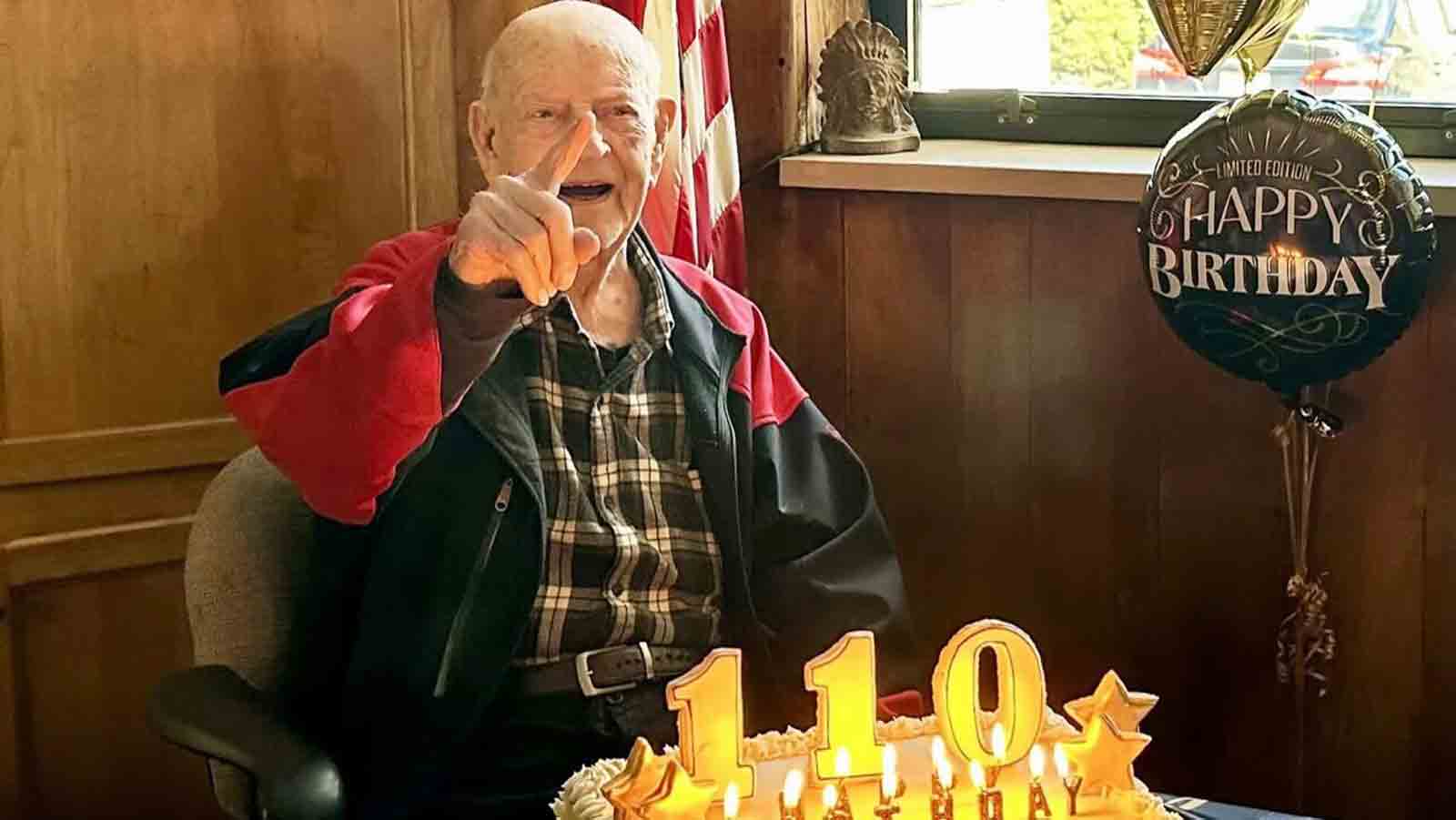The Olympics are always filled with stories of triumph over adversity. A gymnast falls and sprains her ankle, only to flip her way to the top moments later. An ice skater is struck in the knee just before an all-important performance and a few weeks later, skates to win a silver medal.
In most of these cases, adversity is a barrier on the road to success. Rarely, however, is adversity the impetus for finding success in the first place.
For Chanda Gunn, the goalie for the U.S. Women's Olympic Hockey Team, adversity became a major reason she found the sport at which she excels.
Taken Out of the Pool
By the age of nine, Gunn was an avid swimmer, but her parents noticed that she was having "spells." Fairly often, Gunn would begin to stare off into space and parts of her body would twitch. These episodes were the first signs of a serious problem.
Taken to the hospital, Gunn was soon diagnosed with primary generalized epilepsy, a fairly common form of childhood epilepsy. Epilepsy is a condition that affects your brain, causing a person to have sudden seizures or convulsions. While the form of the disease that affected Gunn can usually be controlled with medication, Gunn's parents and doctors felt that the risk of having a seizure while in the water was too great, so she could no longer swim.
Without the water, Gunn sought other activities. She first tried soccer, but soon found a love for hockey when her brother starting playing the game. She would try to get all of her homework finished during recess, so they could play on the street from the time she got home until well after dark—it didn't matter that they could barely see the ball.
"At the time, it seemed epilepsy would close a lot of doors, but in retrospect, it opened up many more doors," says Gunn.

Collegiate-Level Obstacles
Things went fairly smoothly for Gunn through high school, and she was accepted to the University of Wisconsin, Madison on a hockey scholarship. But the transition to campus life did not go as well.
Health
Faced with an intense training regimen and a grueling schedule, Gunn had less time to take care of herself. "I didn't realize the severity of my disease," she says. The medications were working fine, but Gunn slept less, had more stress and stopped seeing her doctor regularly—all factors that can lead to more seizures. "When I neglected those things, I realized how bad it could be," she adds.
Because she was unable to safely participate on the ice, the college was forced to drop Gunn from their hockey program, and she took a medical leave from college to refocus her fight against epilepsy. "Being released from University of Wisconsin was the lowest point in my career," she says.
During her time out of school, Gunn realized how important eating well and getting enough sleep, along with taking the medication, are to preventing seizures. Almost a year later, with her disease back in control, she had to look for a new school, but "there weren't a lot of schools in the market for someone who had been in and out of hospitals," she says.
Frustrated and worried that she would never play again, Gunn accepted an invitation from Northeastern University in Boston to play as a walk-on to their hockey team. She didn't play once her entire freshman year. But by the end of her sophomore season, she was playing in every game and was accepted to the U.S. women's national team.
By the time college ended, Gunn had become Northeastern's all-time leader in saves and was given the 2004 Sportsmanship Award by the NCAA.
Moving Forward
Now, at the age of 25, Gunn and the rest of the U.S national team are in Torino, Italy competing against the world's best in the 2006 Winter Olympics. She credits having a positive outlook as the reason she was able to climb back out of even the lowest points.
"I never stopped moving forward, even when I was having seizures," she says. "I took it one step at a time."
Gunn advises others with epilepsy to find ways to hold onto the things they love to do, and to not allow adversity to hinder their dreams.
"Epilepsy doesn't need to change your lifestyle, she says. "Whatever your goals are, you can overcome those obstacles."



